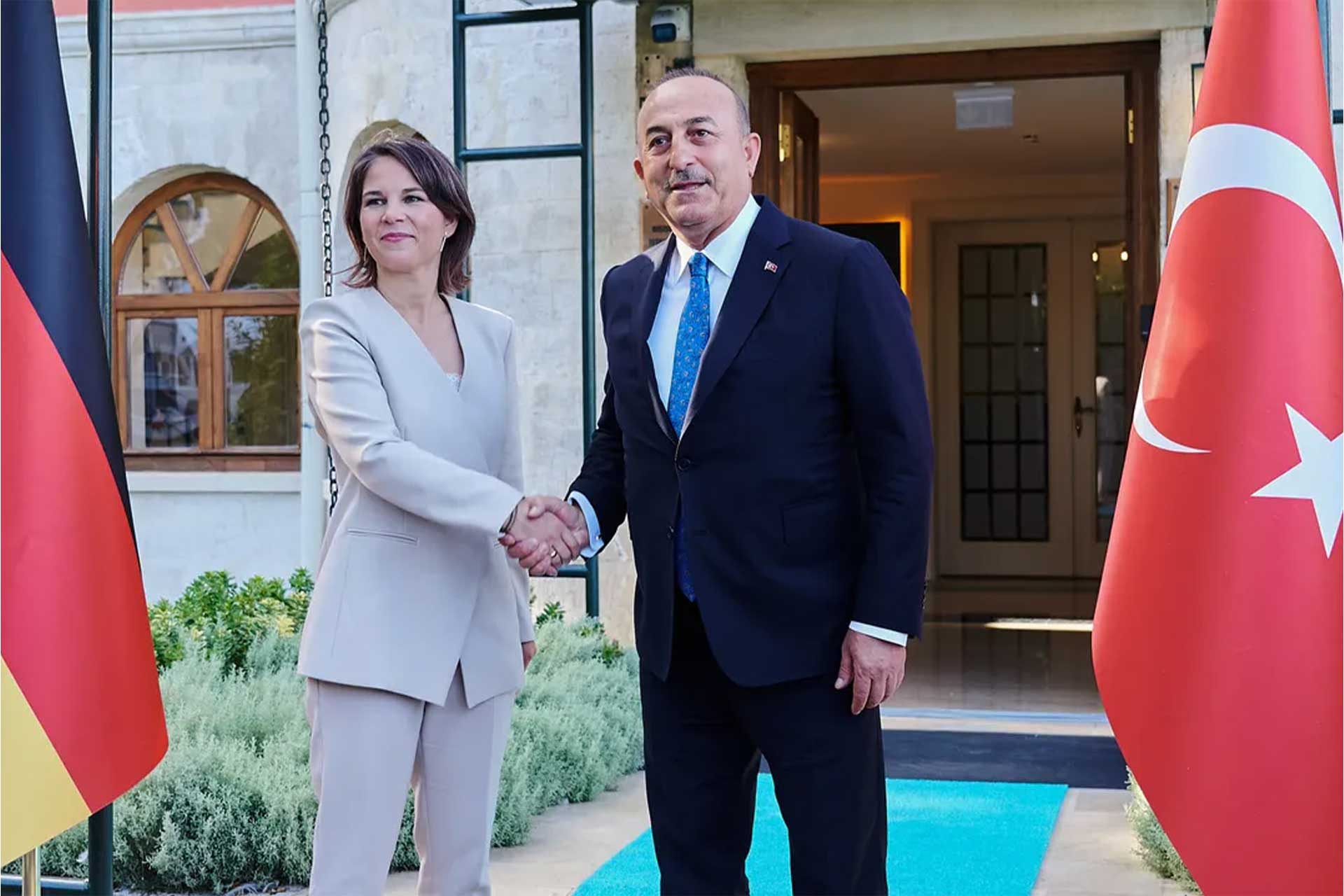Biden’s Idealistic Foreign Policy in Decline
US President Joe Biden’s recent tour of the Middle East signals a shift in the administration’s foreign policy approach from idealism to pragmatism. This transformation is driven by three key factors: the fallout from the Russia-Ukraine crisis, inflation in the US (not solely attributed to the Ukraine Crisis), and the looming midterm elections. These pillars are interlinked and necessitate a holistic analysis.
The Russia-Ukraine crisis has prompted a reassessment of US foreign policy priorities in the Middle East. Additionally, inflationary trends in the US economy, influenced by global factors including the crisis, demand a reevaluation of domestic economic policies. The upcoming midterm elections further underscore the administration’s strategic calculations.
In response, Biden’s Middle East tour reflects a pragmatic pivot aimed at safeguarding US interests and fostering regional stability. By addressing these interconnected challenges, the administration seeks to chart a course that balances domestic concerns with geopolitical realities.
Ukraine Crisis
First of all, I believe that the biggest political winner from the crisis in Ukraine is the United States. This is because the United States has become more influential in European politics since the crisis began in February, has increased the export – and importance – of liquefied natural gas (LNG) to unprecedented levels in history, and has been propagandized more than ever before, especially in the western media.
In other words, the failure of the Russian military in Ukraine and the inability of European countries to adopt a proactive policy due to their dependence on Russia seems to have given the US a significant room for maneuver in Europe. In this context, realist policies are being pursued to re-establish American influence in Europe.
Economic factors
The recent historic inflation rate in the US, peaking at 9.1%, cannot be solely attributed to the Ukraine Crisis but has been on the rise since President Biden took office. This surge is largely attributed to the perceived inadequacy of the Biden administration’s economic policies, which are viewed as short-sighted for the expansive American economy. The administration’s pursuit of social democratic economic strategies has encountered significant challenges in the face of economic realities. Consequently, efforts to stabilize rising oil prices due to the Ukraine Crisis have prompted dialogues with countries like Venezuela and Saudi Arabia to develop trade relations. However, the medium to long-term sustainability of policies involving higher taxes and increased unemployment benefits poses significant concerns for the Democratic Party and President Biden.
Elections
Against the backdrop of these economic challenges, the Democratic Party approaches the midterm elections scheduled for November 8 amidst expectations of a shift in congressional power. With Republicans already holding a slim majority of 48 to 50 in the Senate and a minority of 220 to 211 in the House, forecasts suggest an impending Republican majority in both chambers, primarily driven by concerns over the economic landscape.
President Biden, cognizant of the impending increase in Republican influence, endeavors to mitigate potential electoral setbacks by pursuing foreign policy initiatives that are likely to garner bipartisan support before the November 8 elections. Recognizing the electoral implications of maintaining idealistic policies and strained relations with regional actors such as Turkey and Saudi Arabia, particularly in the Middle East, President Biden seeks to recalibrate his approach.
In the short term, it appears improbable for President Biden to abandon his current trajectory. Continuing the foreign policy transformation initiated within his administration aligns with both his and America’s strategic interests in the Middle East. Nevertheless, despite these efforts, it remains unlikely that this shift will suffice to prevent the Republicans from securing a majority in both chambers of Congress.
Muhammed F. Cetinkaya
Graduate Student-Boston University Pardee School of Global Studies
[1] https://www.aa.com.tr/en/energy/general/us-lng-is-coming-to-germany-says-us-dep-energy-sec-/21642
[2] https://tradingeconomics.com/united-states/inflation-cpi#:~:text=US%20Inflation%20Rate%20Rises%20to,above%20market%20forecasts%20of%208.8%25.
[3] https://sanalkral.org/bidenin-ortadogu-gezisi-buna-deger-miydi/




Comments